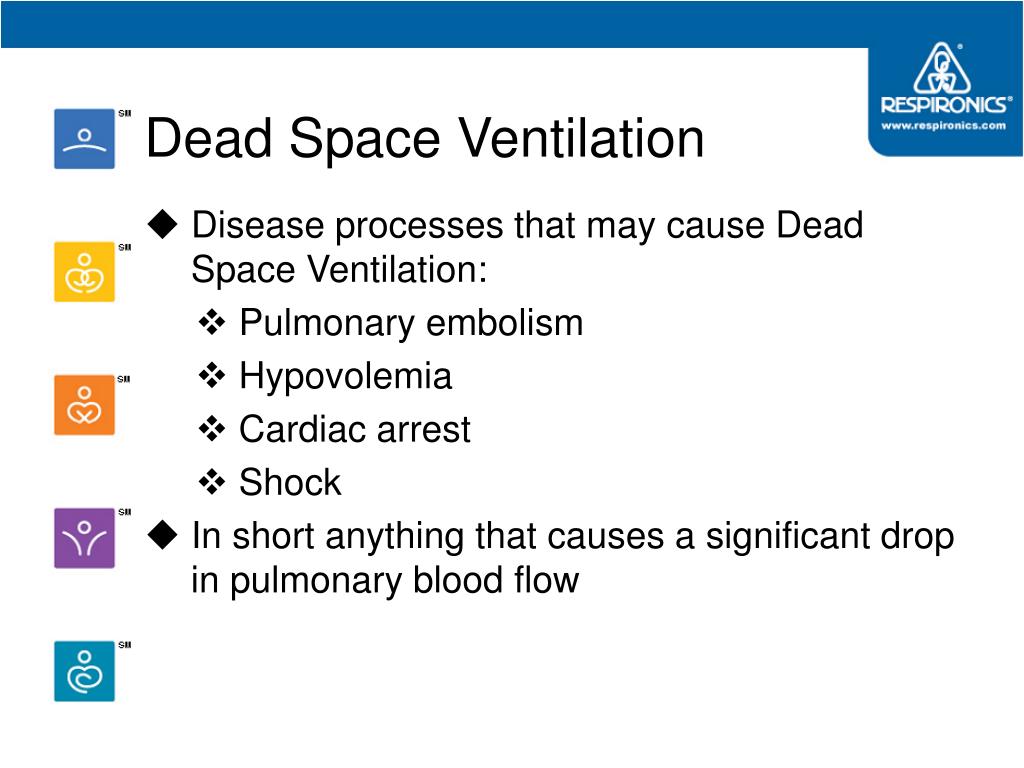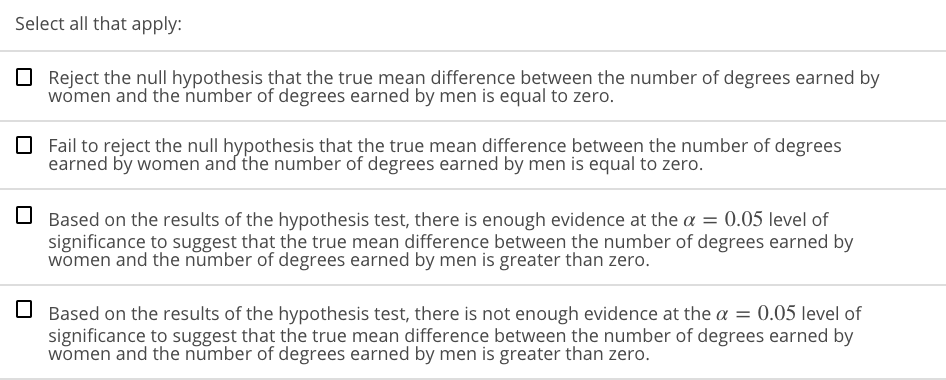

Intraalveolar (intrapulmonary) pressureĪtmospheric pressure is the pressure of the air outside the body.

Pulmonary ventilation involves three different pressures: Muscular breathing movements and recoil of elastic tissues create the changes in pressure that result in ventilation. Air flows because of pressure differences between the atmosphere and the gases inside the lungs.Īir, like other gases, flows from a region with higher pressure to a region with lower pressure. It is the process of air flowing into the lungs during inspiration ( inhalation) and out of the lungs during expiration ( exhalation). Pulmonary ventilation is commonly referred to as breathing. The air moves through the passages because of pressure gradients that are produced by contraction of the diaphragm and thoracic muscles. Ventilation, or breathing, is the movement of air through the conducting passages between the atmosphere and the lungs.

Acknowledgements Mechanics of Ventilation


 0 kommentar(er)
0 kommentar(er)
